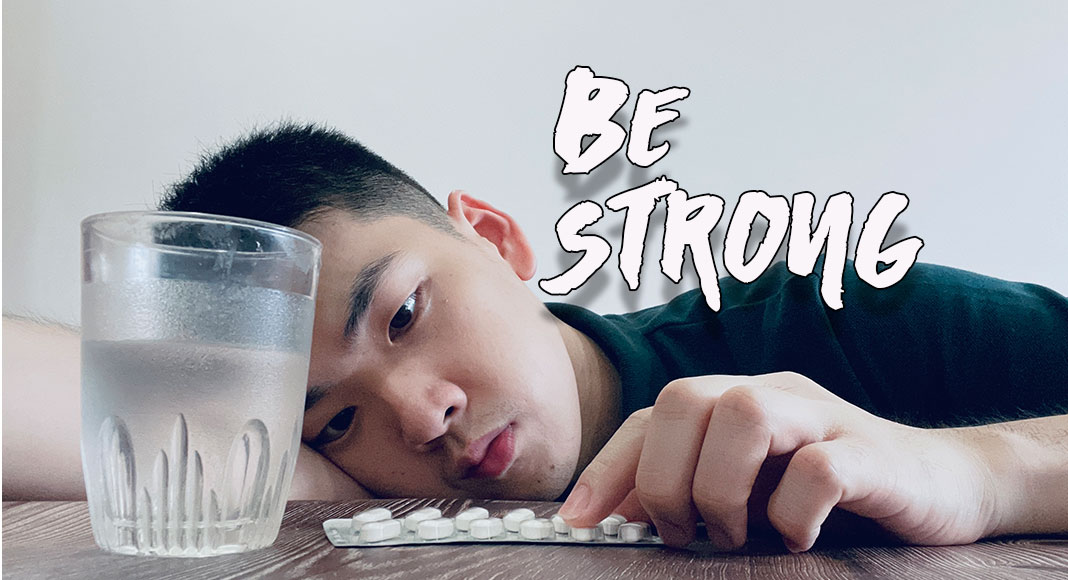
Mega Doctor News
As students head back to school, the Substance Abuse and Mental Health Services Administration (SAMHSA) is awarding grants that will strengthen the structures that serve the mental health needs of our nation’s youth. The first raises awareness of mental health issues for youths and trains school personnel. The second coordinates treatment for young people who have emotional disorders. The first-year awards for the two programs total $74.2 million.
“As the Biden-Harris Administration continues to provide a comprehensive approach to combating the COVID-19 pandemic, these programs demonstrate the critical priority of behavioral health for our young people,” said U.S. Health and Human Services (HHS) Secretary Xavier Becerra. “Schools represent resources for our children on so many fronts. We’re making sure they’re equipped to better address those needs.”
“It is crucial for America’s young people to receive evidence-based treatments that support their mental health needs and promote resilience,” said Miriam E. Delphin-Rittmon, Ph. D., the HHS Assistant Secretary for Mental Health and Substance Use and the leader of SAMHSA. “These grants aim to build and improve the structures and systems in place to address those needs comprehensively and consistently.”
Funding for Project AWARE (Advancing Wellness and Resilience in Education) State Education Agency (SEA) helps build or expand state and local governments’ coordination to increase awareness of mental health issues among school-aged youth. Additionally, it will provide training for school personnel and other adults who interact with school-aged youth to detect and respond to mental health issues, and connect to services school-aged youth who may have behavioral health issues – including serious emotional disturbance (SED) or serious mental illness (SMI) – and their families. Seventeen grantees, including two Native American tribes, will receive $54.3 million in total first-year funds, $36.5 million of which is Coronavirus Response and Relief Supplemental Appropriations Act funding. View the Project AWARE grant recipients, which comprise entities from 17 states.
The Comprehensive Community Mental Health Services for Children and their Families Program (also known as the Children’s Mental Health Initiative) improves the mental health outcomes of young people up to age 21 who have SED, and their families. This program supports the implementation, expansion, and integration of a system-of-care approach, creating sustainable infrastructure across an array of entities to deliver community-based services. Twelve grantees, two of which are Native American tribes, will receive $19.8 million in total in the first year of a four-year grant cycle. The total for the grant program’s four years will be up to $76.2 million. View the Children’s Mental Health Initiative grant recipients, which comprise entities from 11 states.
“The pandemic has only increased young people’s need for these services,” said Assistant Secretary Delphin-Rittmon. “SAMHSA funding will enhance the system of care for delivering services and support to our Nation’s children.”
As children go back to school, SAMHSA is also elevating mental health resources for supporting students and staffs, created by SAMHSA’s grantees through its Mental Health Technology Transfer Centers, that address mental health and resiliency in school settings:
The Back to School After COVID-19: Supporting Student and Staff Mental Health Toolkit – PDF helps guide conversations to include a trauma-informed, equitable, and compassionate lens to providing mental health supports to every member of the school community.
Behavioral Health Impacts During & After COVID-19: What to Expect and Ways to Prepare for the Return to In-Person Learning – PDF presents information on the impact of COVID-19, what to expect as students return to school, and ways to prepare at the staff, building, and district levels.
Strengthening School Communities for a Safe, Supportive Return: Part 2 covers strategies and best practices for school systems to promote student and staff resilience, wellbeing, and success, following COVID-related school closures. It also promotes cross-state networking and shared learning about best practices, successes and challenges during learning modality transitions.
View more back-to-school resources.
To find treatment options for mental health disorders, call SAMHSA’s 24/7 National Helpline at 800-662-HELP (4357) or visit findtreatment.samhsa.gov.










